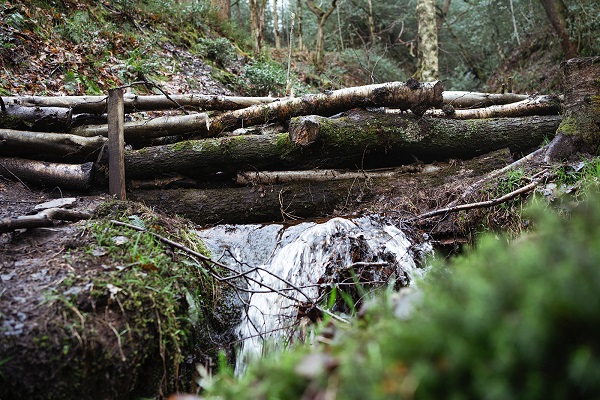
We are working with networks such as Wilder Calderdale and Calderdale Food Network. Through this, we are engaging with the public, private, community, and academic sectors to address climate and ecological disasters. This work includes managing peatland, grassland, woodland, rivers, and waterways and improves access to local food.
- The Calderdale Ecological Emergency Action Plan launched in January 2025. This sets out clear goals and actions for land and nature across the borough.
- Calder and Colne Landscape Links has created five new jobs in Calderdale. This is funded by Department for Environment Food and Rural Affairs (DEFRA).
- While data to inform ecological and conservation work is in place, keeping data up to date is always difficult. This will be an ongoing action.
- Good work is happening to help people access local and sustainable food. This work is challenging because food production, availability, and prices are impacted by national policy and global markets.
How we are doing
View our progress chart to see the progress and status of each activity:
Our priorities for the next year
Over the next year, we will work toward the goals of our Ecological Emergency Action Plan. Key themes include woodland work and creation, peatland repair, and managing waterways.

Case study – Calderdale Council goes peat-free
Calderdale Council has stopped using peat-based products as part of its climate action. This goal has been reached, and all the Council’s planting and growing is now peat-free.
Peatlands in good condition can help prevent flooding as they slow the flow of water from the hillsides. This reduces the chance and impact of floods in the valleys below.